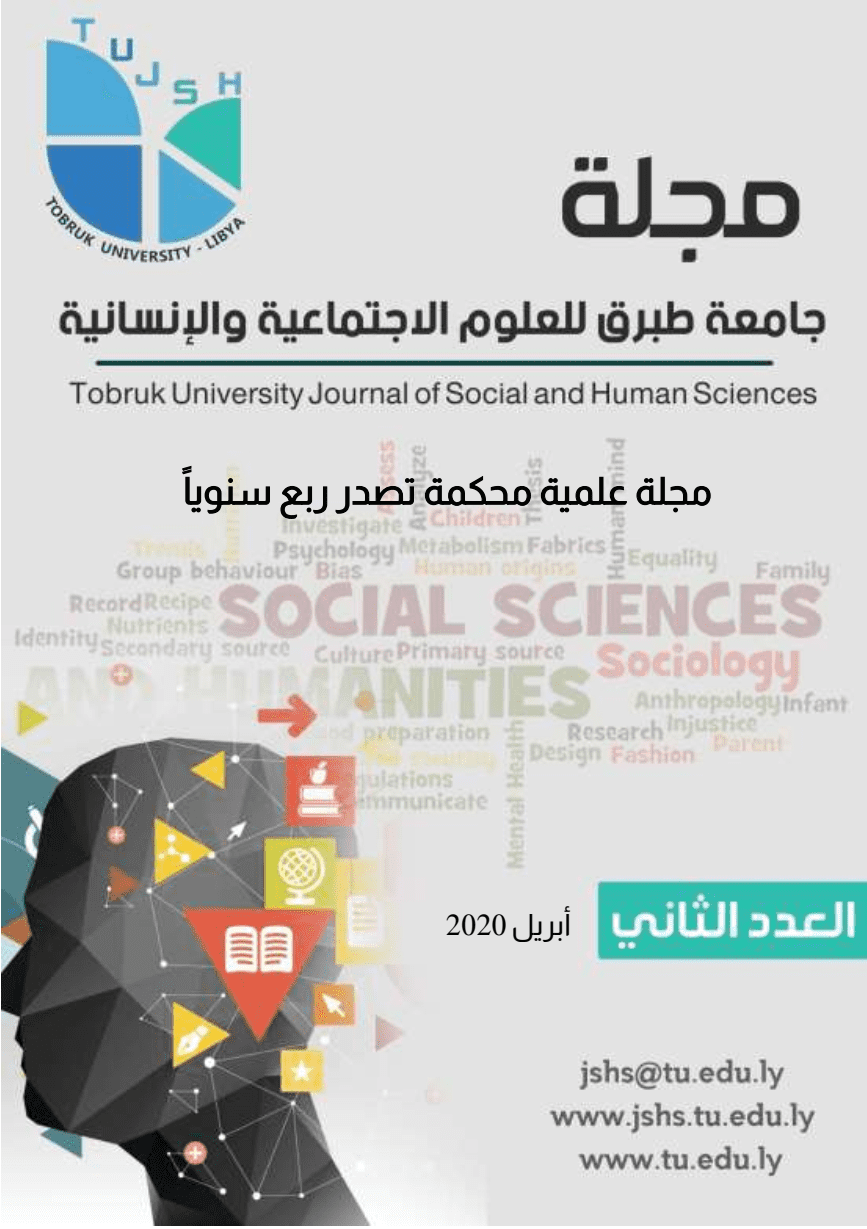Faculty members’ attitudes towards employing open educational resources In university education
DOI:
https://doi.org/10.64516/rvkpm536Keywords:
Open educational resources, university education, Faculty member, directionAbstract
In recent years, many universities and colleges, especially in developed countries, have doubled their interest in benefiting from information and communications technologies and their applications and using them in education to improve the entire educational process, as a result of what the results of many research and studies have shown of a noticeable improvement in the quality of educational outcomes in general that use such technologies.Engaging in the knowledge economy and catching up with advanced countries, both cognitively and economically, requires expanding and improving educational opportunities at all levels and types, but this noble goal often collides with many obstacles, especially with the obstacle of huge investments required by projects to establish, expand and disseminate these opportunities.Educational resources, and the huge specialized human and financial resources this requires, especially in developing countries that are on the path to growth.
Arab university libraries in general, and in our country, Libya in particular, suffer greatly from the traditional system of access to information, especially from the problem of the increasing prices for subscriptions to periodicals.Global scientific databases and databases available on the Internet, which prevented them from meeting the need of students, professors and researchers to access this advanced scientific knowledge.
Great initiatives have emerged in the world to adopt the concept of open educational resources, making international universities and international institutions interested in education, such as Carnegie University and the Massachusetts Institute of TechnologyMellon, Harvard, Berkeley, KEO in Japan, Paris Tech, and the Western Cape in South Africa, in addition to many countries in the world, are adopting what are called open educational resources, to the point where some universities have put all their courses, complete with all their resources, free and open to everyone on the Internet.
Downloads
References
1-اليونسكو: إعلان باريس (2102):بشأن الموارد التعليمية المفتوحة، المؤتمر العالمي للموارد التعليمية المفتوحة الذي عقد في اليونسكو بباريس خلال الفترة من (20 إلى 22 - يونيو2012).
2-خلف التل(2012):تحديات التعليم والتعلم في الدول العربية، جريدة الدستور الأردنية (26 یولیو 2012).
3-سامح زينهم عبد الجواد(2009) :"برامج المستودعات الرقمية المؤسساتية مفتوحة المصدر: دراسة تقويمية" مجلة كلية الآداب ، جامعة بنها، العدد (21). DOI: https://doi.org/10.21608/jfab.2009.53590
4-عبد الله الفرا(1985):بعض النهج المستخدمة في التعليم بواسطة الحاسب الآلي، مجلة تكنولوجيا التعليم، المركز العربي للتقنيات التربوية، العدد (15)، السنة الثامنة.
5-عصام حسن كاظم (1990):اعداد حقيبة تعليمية لمادة السيطرة بواسطة الحاسوب ،رسالة ماجستير غير منشورة ، قسم المدرسين الصناعيين، الجامعة التكنولوجية، بغداد.
6-علي زهدي شقور(2013):"فلسفة المقررات الجماعية العامة المباشرة (MOOCS) وجدوى توظيفها في مؤسسات التعليم العالي في ضوء جودة التعليم وحرية الاستخدام"، المؤتمر الدولي الثاني لتقنيات المعلومات والاتصالات في التعليم والتدريب (تِسات. 4-6 نوفمبر 2013) تونس.
7-كمال اسكندر (1985):التعليم بمساعدة الحاسب الالكتروني بين التأكيد والمعارضة ،مجلة تكنولوجيا التعليم، المركز العربي للتقنيات التربوية، العدد (15)، السنة الثانية.
8-محمد سعد زغلول وآخرون(2001) :تكنولوجيا التعليم وأساليبها في التربية الرياضية، ط 1، مركز الكتاب للنشر، القاهرة.
7-هند الخليفة(2009):"الموارد التعليمية المفتوحة واقعها ومستقبلها"، ورشة عمل المحتوى العربي المفتوح، الرياض، 17/18/1/2009م، مدینة الملك عبدالعزيز للعلوم والتقنية، معهد بحوث الحاسب.
8- Charles A. Dyer (1972): Preparing for Computer Assisted Instruction. Educational Technology Publication, Inc., New
Jersey, p. 149.
9-Ebbeck,V., Gibbons, S. L.,and Loken Dahle, L.J. (2000) : Reasons for adult participation in physical activity: An interactional approach, International Journal of sport psychology, 26: 262-275.
10-Nitko.J,(2001) :Educational Assess Ment of Students (3ed Ed.).Upper Saddle River,New Jersey . Prentice Hall / Merrill Education.
Downloads
Published
Issue
Section
License
Copyright (c) 2020 د. عمران جمعة تنتوش، د. ميلود عمار النفر، د. سليمان الصادق الامين (Author)

This work is licensed under a Creative Commons Attribution 4.0 International License.








